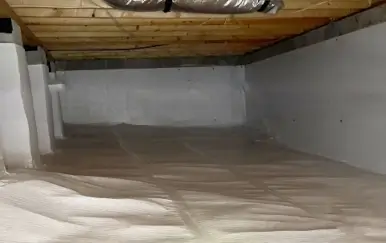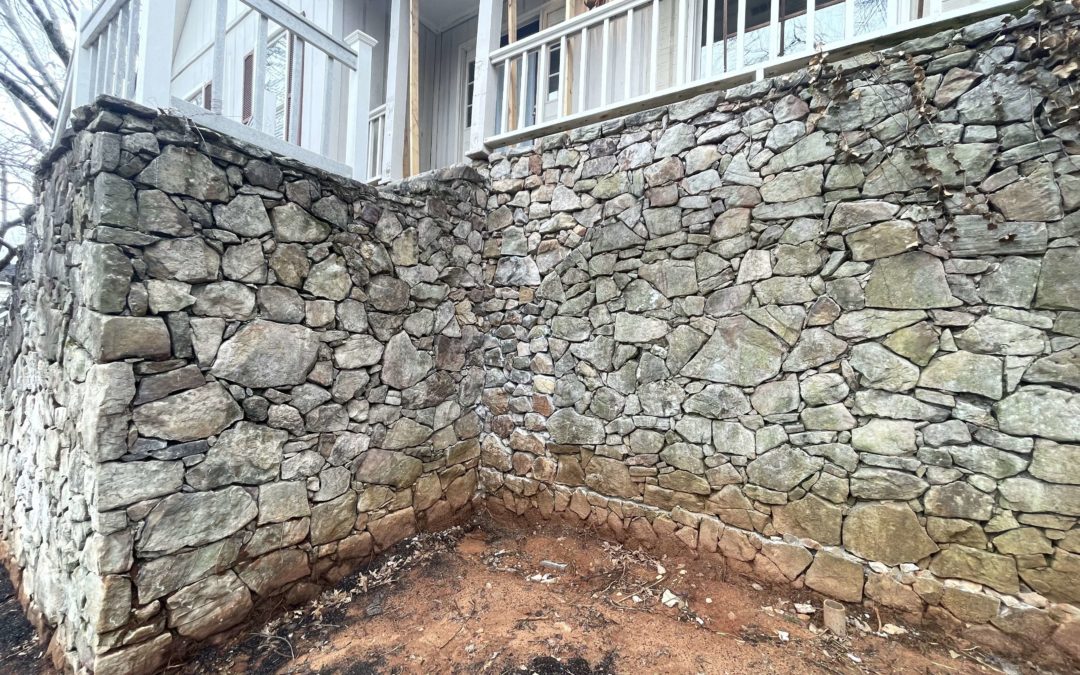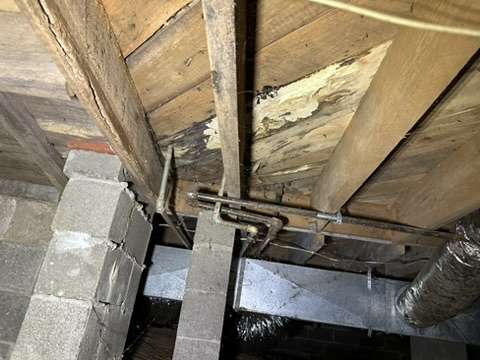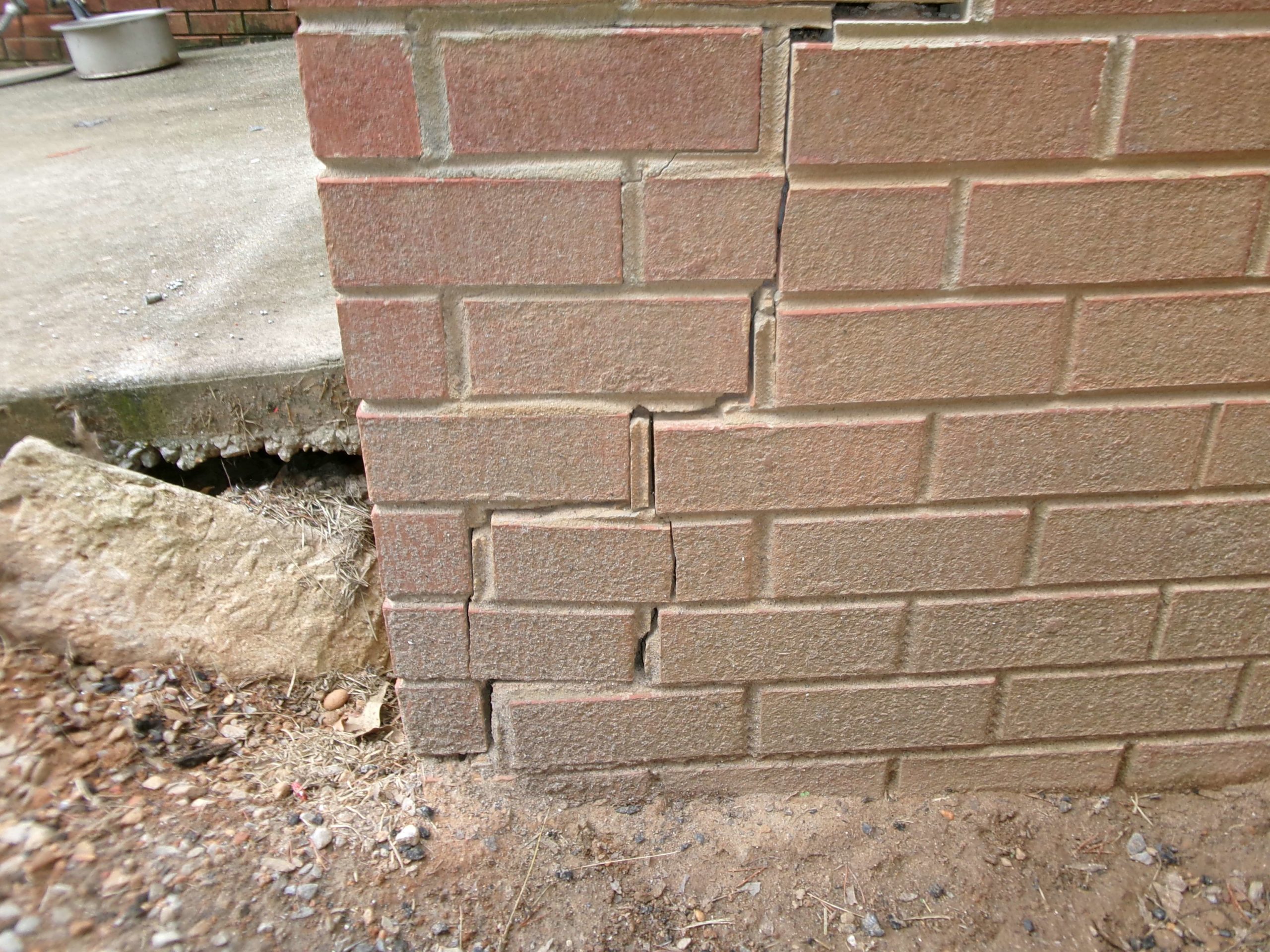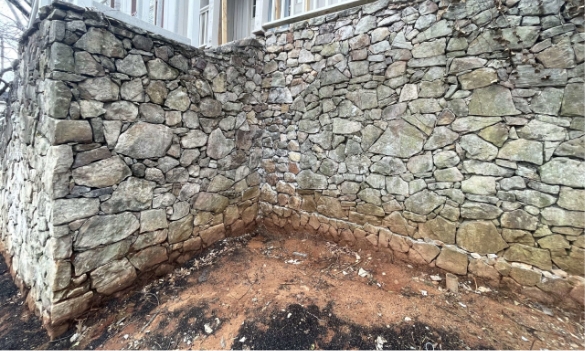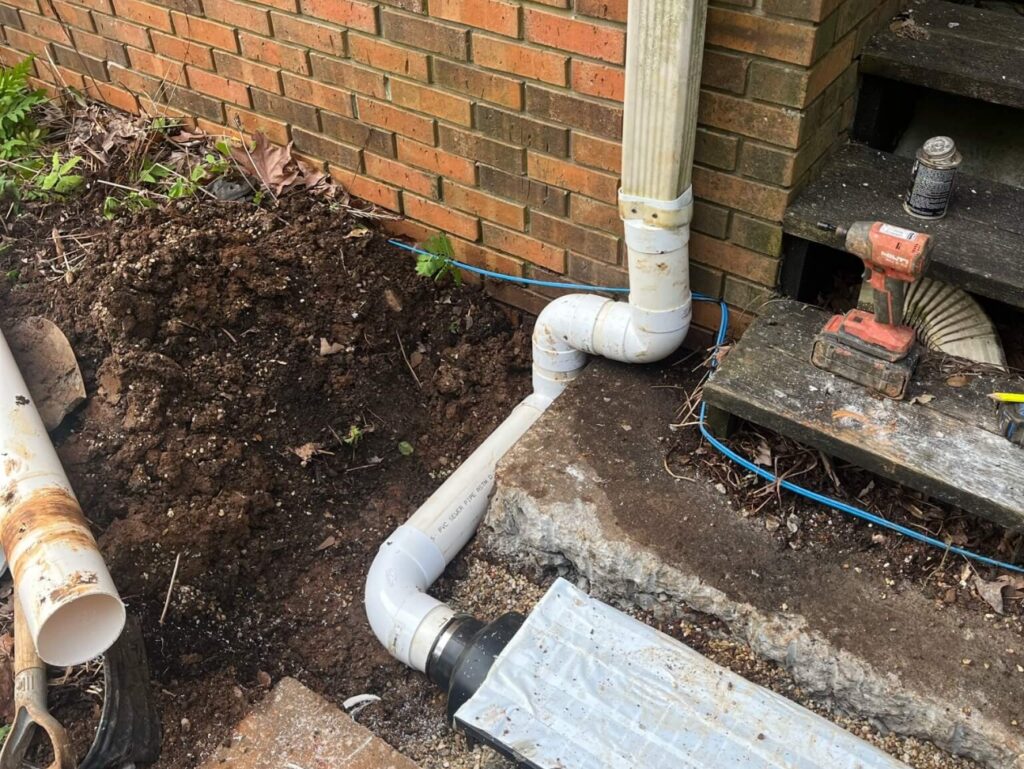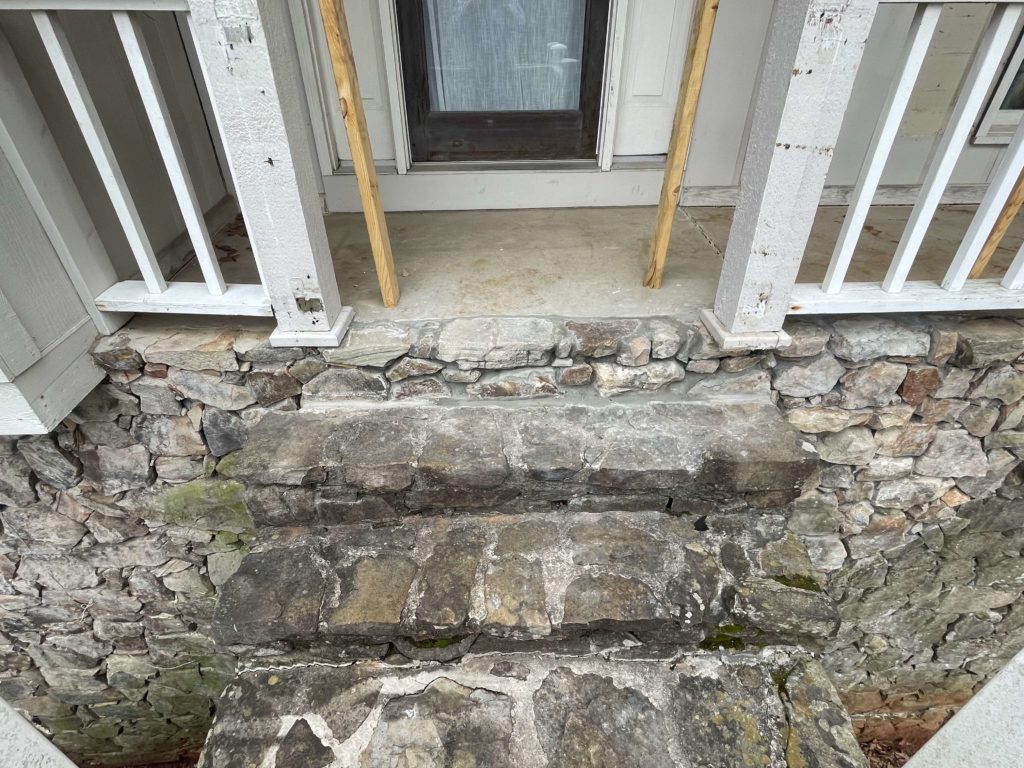How Alabama Weather Impacts Your Foundation
1. Heavy Rainfall and Flash Flooding
North Alabama experiences high annual rainfall—often over 55 inches per year—and the rain doesn’t always come gradually. Sudden downpours, especially in spring and fall, quickly saturate the soil around your home, creating excessive hydrostatic pressure against your foundation walls.
What happens when the soil is saturated?
- It expands and presses against basement or crawl space walls
- It becomes unstable and can shift or erode, causing the home to settle
- Water infiltrates through even the smallest cracks, widening them over time
- Foundations without proper drainage are especially vulnerable
Homeowners in Decatur and Tuscaloosa, where the terrain often includes low-lying areas and poor natural runoff, are more likely to see bowing walls and flood-prone crawl spaces due to flash flooding.
Foundation Repair Tip:
Invest in exterior drainage solutions, like French drains and downspout extensions, and consider professional crawl space encapsulation to protect against moisture buildup during the rainy season.
